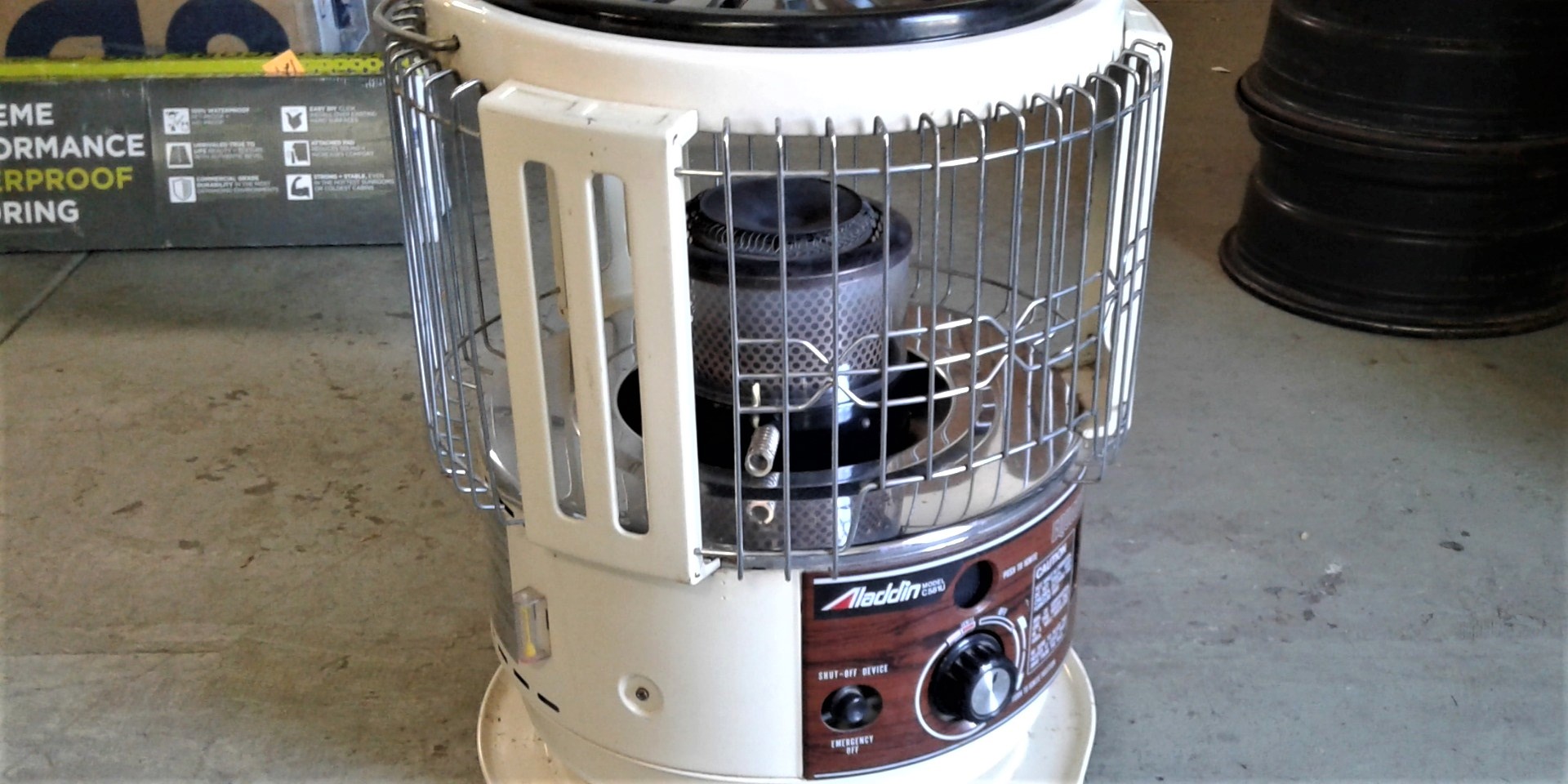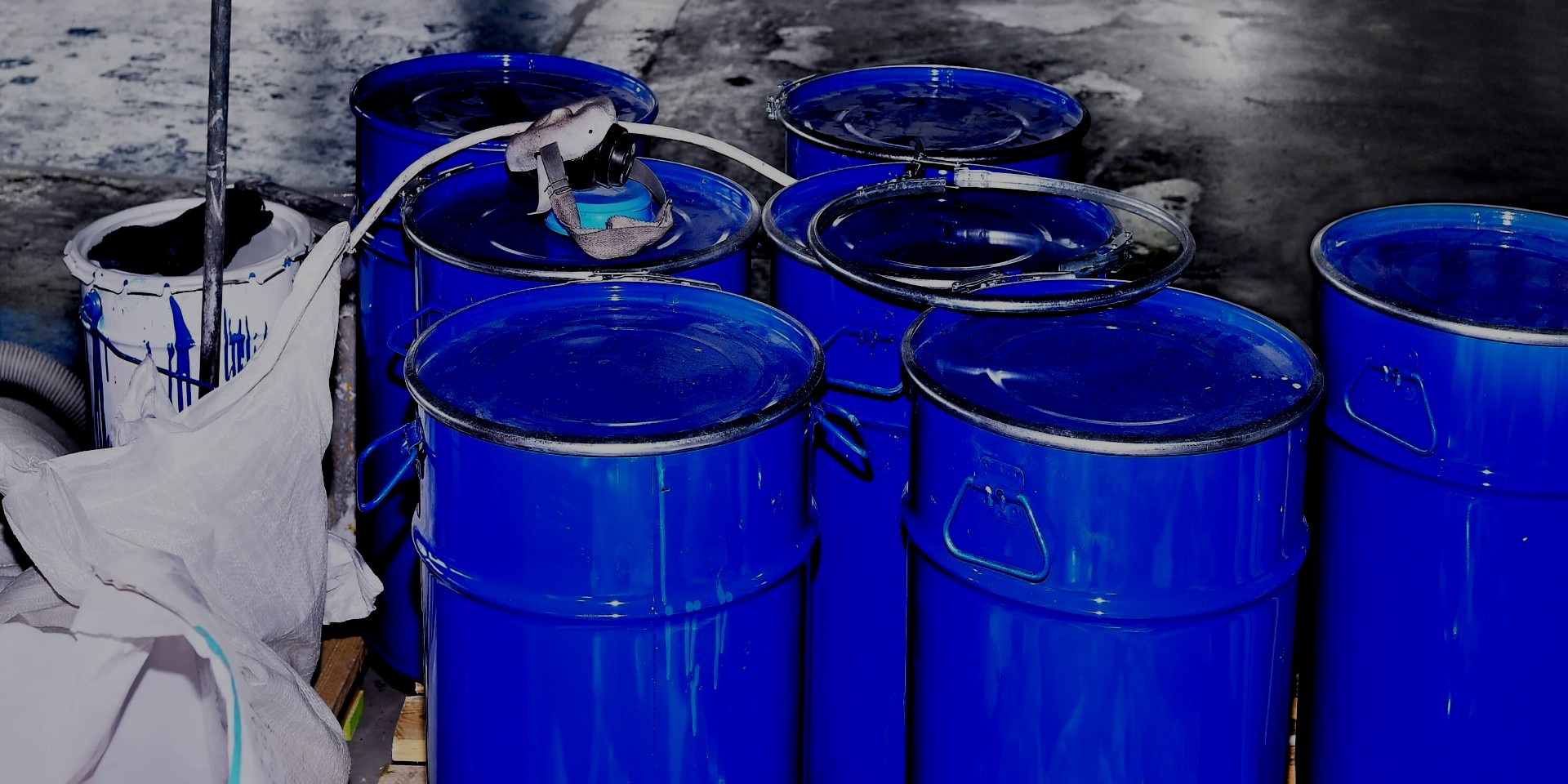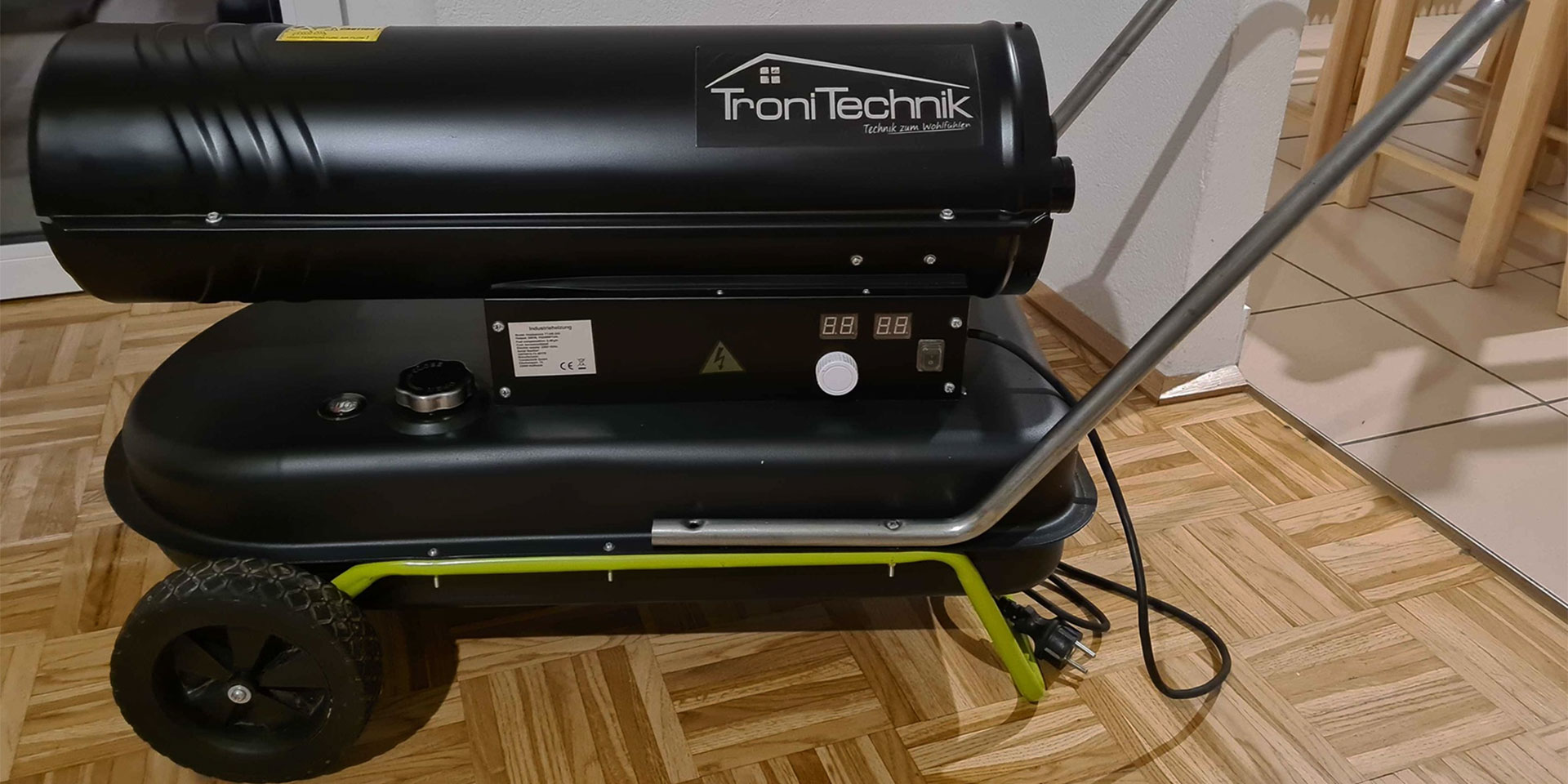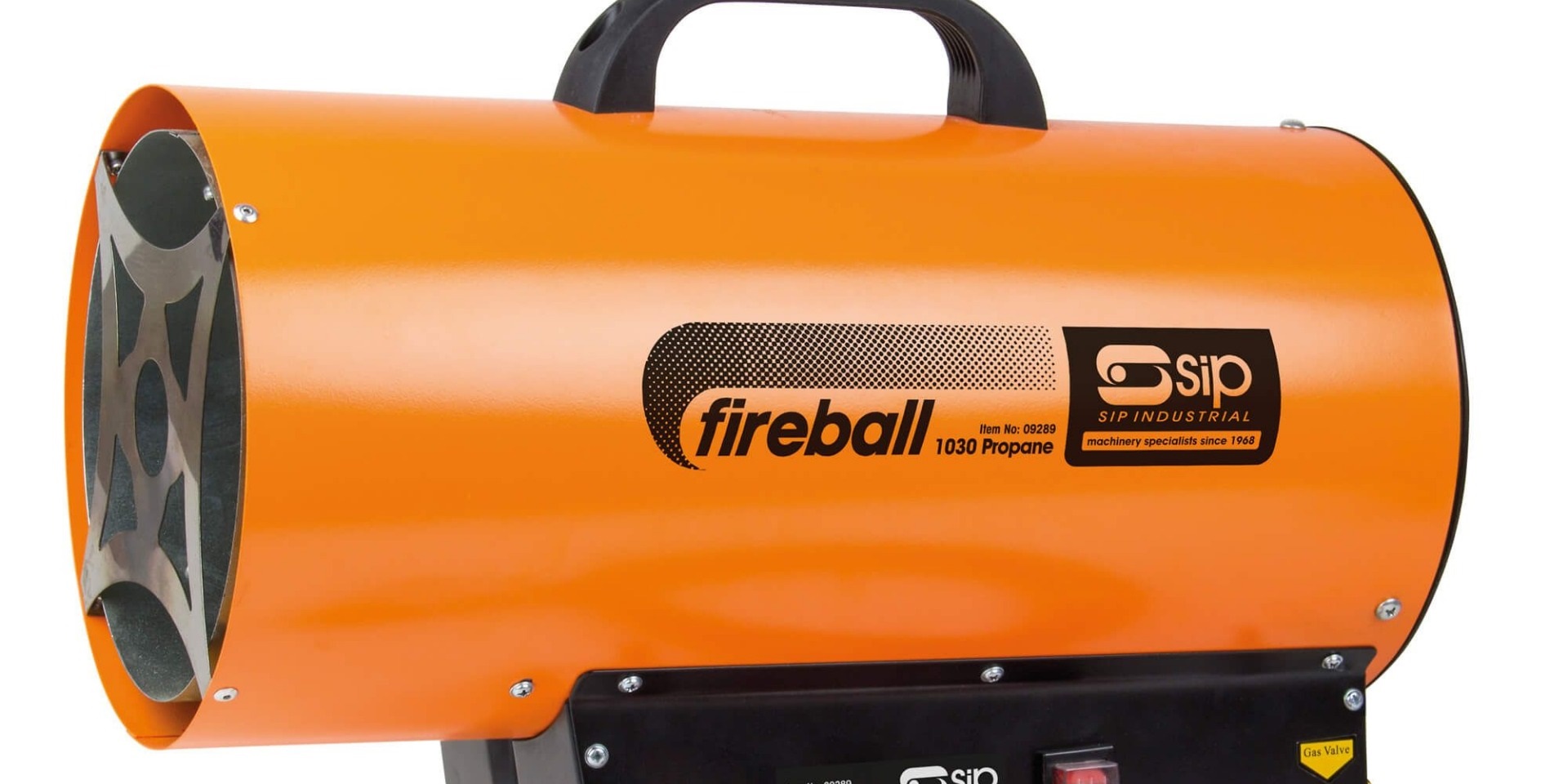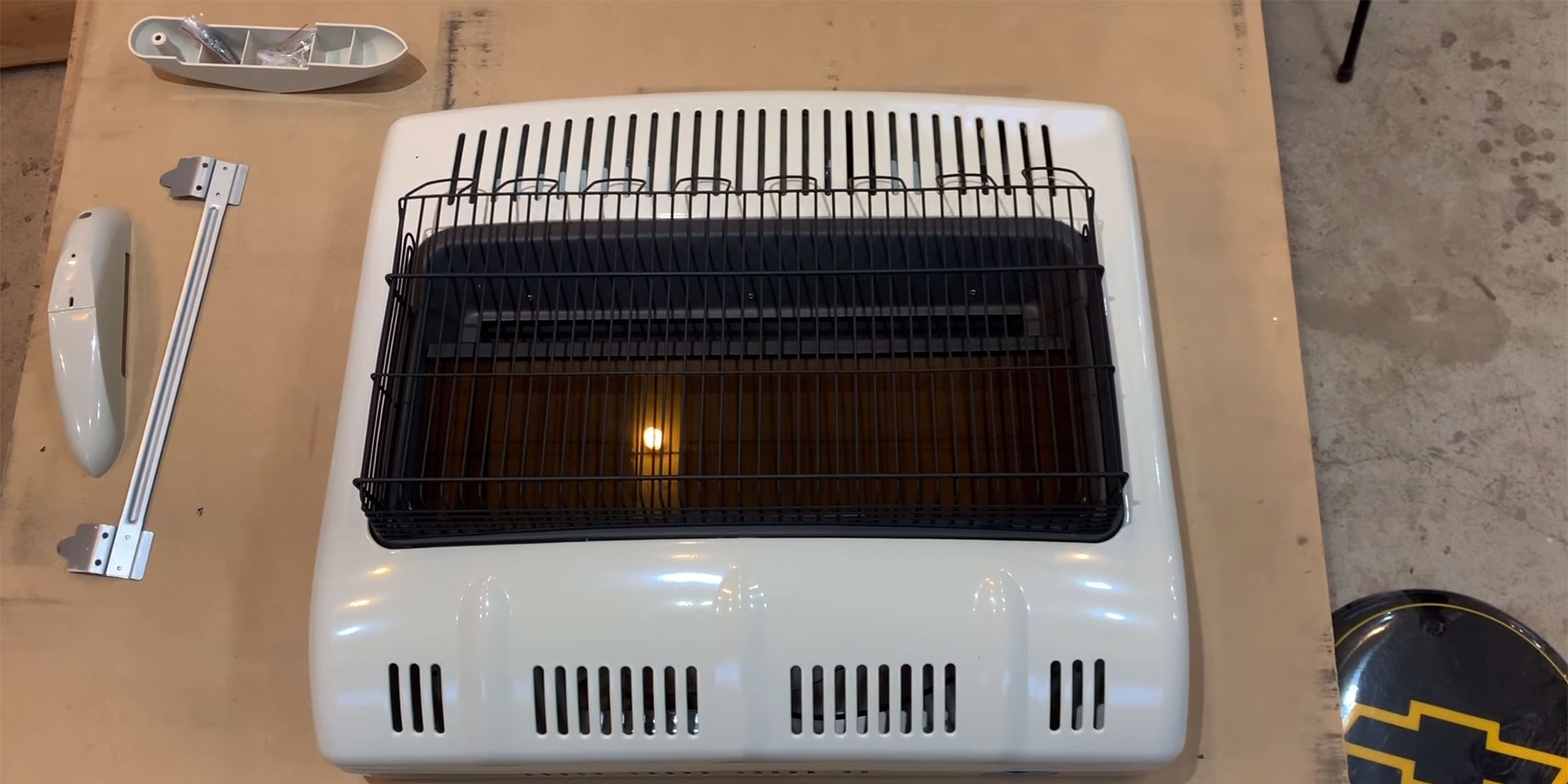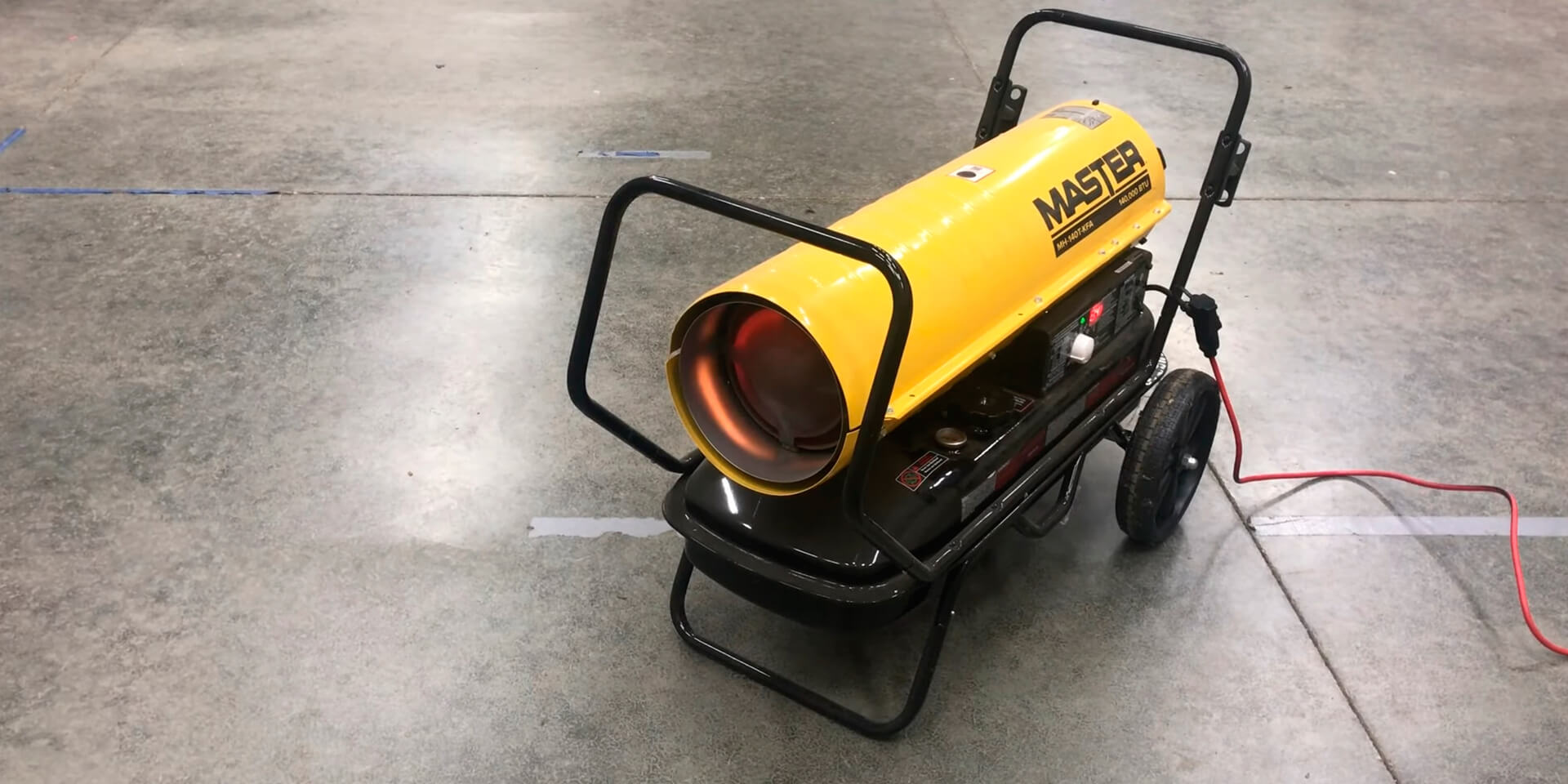Wicks are used to help generate heat. The wick is an absorbent material, typically cotton or fiberglass, which soaks up the kerosene fuel. As the kerosene is burned, the heat from the flame is transferred to the wick, which heats the surrounding air.
Heaters
Can I Store Kerosene In My Garage?
Kerosene is a fuel used for heating, cooking, and powering vehicles. It is typically stored in a container outside the home, but some people may be wondering if they can store it in their garage.
Are Kerosene Heaters Safe In A Garage?
That’s a good question, and there isn’t a clear answer. As you might know, kerosene heaters are considered by many to be the most effective type of portable space heater for home use.
Propane Or Kerosene Heater For The Garage?
Propane or kerosene heater for the garage is a burning question. Both heaters burn clean, but there are some fundamental differences between them.
Best Ventless Heater for Garage
Are you looking for the best ventless garage heaters? Perfect choice since few devices will do better than ventless heaters as they operate at around 99.9% efficiency.
Best Kerosene Garage Heaters
When winter comes, and the temperature drops but you have to keep working on your projects,

